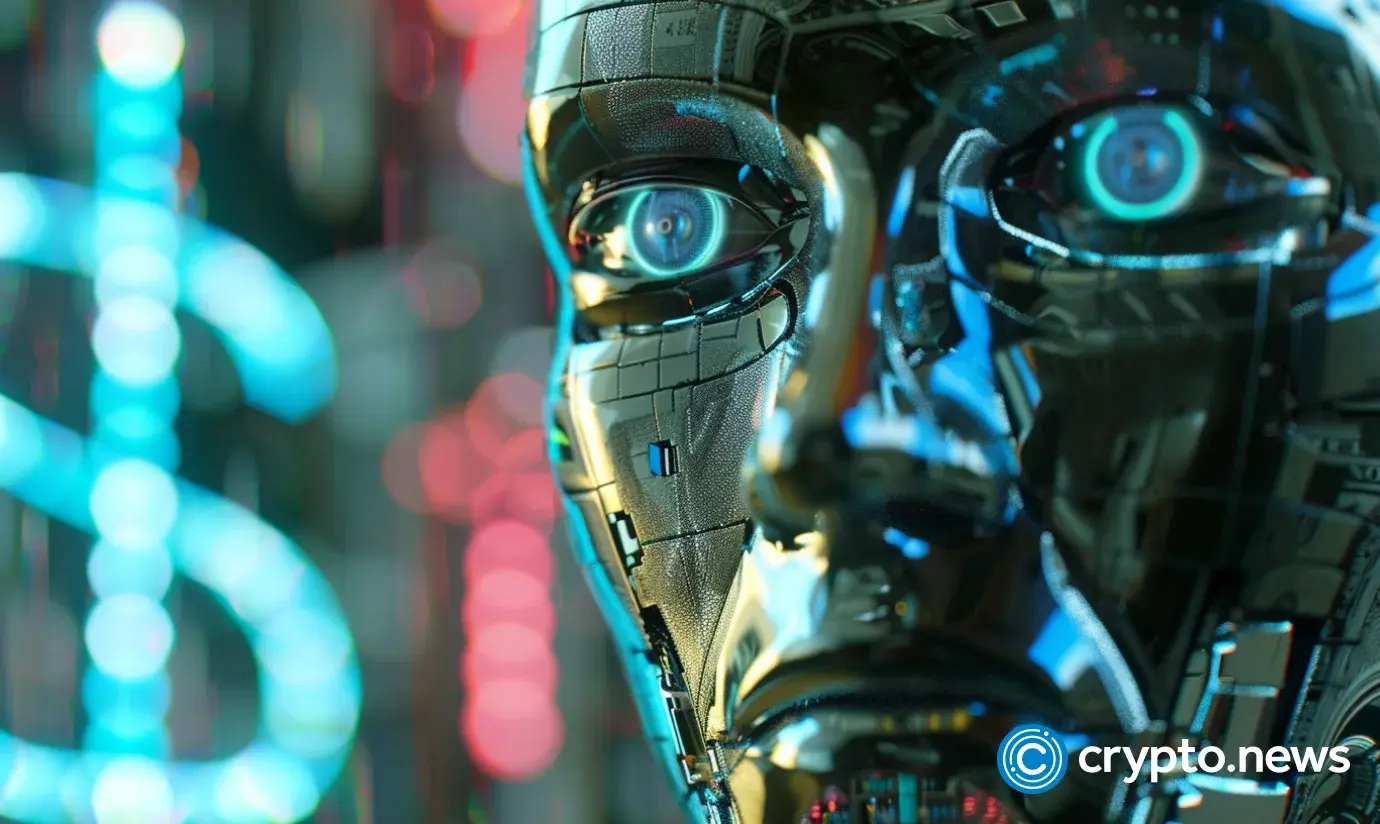Robots are coming for our jobs. It’s time they pay for our pensions, too | Opinion

Disclosure: The views and opinions expressed here belong solely to the author and do not represent the views and opinions of crypto.news’ editorial.
The Vulcan greeting phrase, “Live long and prosper,” has a ring but also begs the question of who’s paying for all that prosperity. It is easier in fictional worlds, such as Star Trek, where this blessing originated. In the real world, it is much more complex. In Germany, for example, working-age taxpayers foot the bill for retirees, assuming that the next generation will do the same for them. This kind of pension system is known as pay-as-you-go; it is a neat little idea, and, like many neat little ideas in economics, it falls apart at the seams when reality happens.
With declining birth rates, fewer workers are able to work. With people living longer lives, there are more pensioners in need of support. The result is a perfect storm in which the burden on the workforce becomes so unsustainable that it threatens the system.
If you’re not from Deutschland, don’t worry—it’s not just Germans having a hard time. Birth rates are declining globally, and life expectancy is growing globally. In other words, most countries will have to come to grips with their own flavor of the problem, some sooner than others.
The flip side
Germany isn’t just a country that’s growing too old for its own good; it’s also one of the most automated economies in Europe. After experiencing Germany’s lust for paper and pen first-hand, I couldn’t believe it either. If fewer hands are on deck, why not ask a (metal) friend for help? Robots can enable us to generate higher output more accurately and consistently for longer with less reliance on people.
It’s not just Germany closing the workforce gaps with robots, either. While we’ve all heard of robots coming for our jobs, new research paints a different picture: Robots aren’t always coming to push us out of work; in fact, often enough, they take over the niches left open by changing population dynamics. It’s a more complex and intricate process than the robot doomsayers would have you think.
The AI boom
That said, this still leaves room for instances where robots dent the job market, especially now that the AI boom is bringing automation to a whole new level. On top of that, there are signs that automation could cut down the availability of entry-level jobs, with robots also removing a variety of manual and service vacancies, from factory workers to baristas and kitchen hands. So whether they’re in for a part-time job in a nearby Starbucks or their first full-time role after college, young people joining the workforce aren’t having an easy time, and this could well get worse as powerful AI finds its way into more robots.
This is where we arrive at the real-timebomb, especially for countries with a pay-as-you-go system and a relatively old population—Japan, Italy, and Spain, for example. On the one hand, there are retirees whose numbers are growing due to better health care and longer life expectancy. On the other hand, there isn’t just a workforce that’s growing thinner—there’s a contracting job market where more and more value is being generated by robots, which aren’t in the habit of making pension fund contributions.
So who’s footing the bill?
Do androids dream of electric taxes?
Hypothetically speaking, there are still a few ways out. The powers that be could always hike up taxes just to ensure the younger generations are locked into an economy where they won’t be able to afford anything, ever. The pressure on the workforce is already real, and the idea of raising the retirement age, another measure of the kind, has already proven a tad contentious.
We can also hope that the robots will create abundant tangible goods—food, infrastructure, anything else—so their owners can share some of that with the local communities for free. It gives traditional corporations and their questionable goodwill too strong a hand in a society where corporations are already a bit too comfortable, one could argue. Furthermore, multinationals, which dominate the automation industry, are pros when it comes to managing their cash flows and taxation in a way that benefits them, not the communities where they operate.
So, while those self-driving cabs in San Francisco don’t count as androids and don’t get to dream of electric sheep, some sort of taxes may very well be in order. As machines account for more and more value creation in the economy, everyone should benefit—not just those who own them. We need an entirely new paradigm of value distribution.
Make everyone a stakeholder
As automation picks up pace, its boons must be distributed more evenly. Everyone should be a stakeholder in the new, automated economy, what some refer to as the “Economy of Things,” and this distribution should be done in a way that doesn’t give a specific party an outsized sway in society. That, after all, is one of the main issues with universal basic income, which puts governments into the decisive role of a sole lifeline provider to thousands, if not millions.
Some revenues machines generate should be distributed to the communities these machines have impacted. It’s a simple idea that can have an enormous impact. With today’s model, centralized multinational corporations get to eat all the pie. With this model, though, everyone gets a piece, and every job lost to a robot means more money for humans. The game is no longer zero-sum; it’s a positive–sum one, which some might call a regenerative economy.
It’s time we embrace blockchain as the backbone for automation—networks that everyone owns a share in and has a voice in. Blockchains have shared ownership built in and can be programmed to automatically share a part of every machine’s revenues with the community they serve. Imagine that, for a moment, automation leaves you with more time and resources for yourself, just like in sci-fi novels.
Embracing blockchain indeed requires a tectonic shift, but any half-handed measures would hardly be enough to avert the crisis we’re facing. As the world gets older, AI-imbued robots will inevitably step in to cover for the shortage of human hands. Without decentralization, humans will either struggle to make ends meet or be dependent on the mercy of a government or a corporation. On-chain, this will turn everyone into a stakeholder in an innovative economy that’s growing by the day.
Automation—done right—can be the answer to our demographic crisis. Pairing it with blockchain technology, we can build systems that make AI-driven automation work for everyone, not just for the elites, and ensure that as the world grows older, it doesn’t also grow hungrier and poorer.














